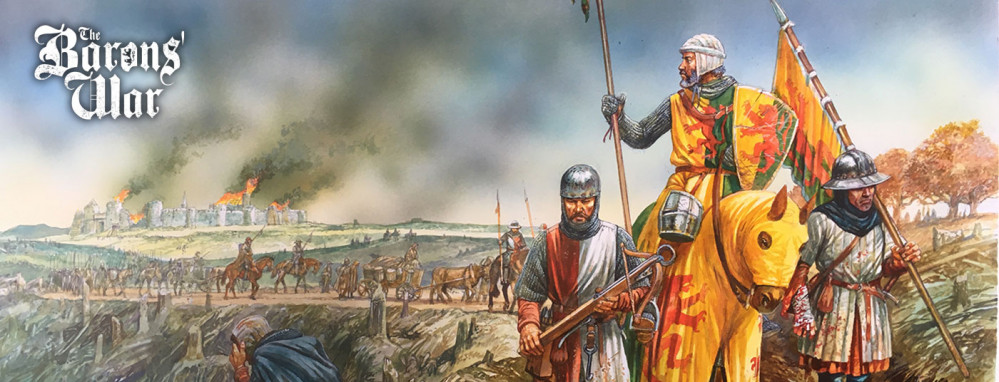
PanzerKaput Goes To Barons' War
William Malet
William Malet (c. 1175-1215) was one of the sizeable group of rebel barons who were heavily indebted to King John, making the revolt of 1215 in some sense a debtors’ revolt. William, the lord of Curry Mallet in Somerset, was the descendant of Robert Malet (d. before 1156), first holder of the barony, and the son of Gilbert Malet, who died in 1194. In 1196 he paid Richard the Lionheart a fine and relief of £150 to enter into his inheritance.
William’s early career, characteristically for someone of his background and upbringing, had been in royal service. He had accompanied Richard the Lionheart on crusade from 1190 and he had taken part in the siege of Acre in 1191. He was appointed sheriff of Somerset and Dorset by King John in 1209 after the two counties had petitioned to have someone local as their sheriff instead of the courtier William Brewer, and he served in the office until 1212. By this latter year he was running into financial difficulties, although the cause of his problems is not clear, and by 1214 he was owing the king as much as 2000 marks (about £1333). In 1214 he entered into an agreement to serve with the king in Poitou with ten knights and twenty other soldiers in return for the cancellation of his debt. In 1215 he went over to the barons, joining the confederacy at their muster at Stamford in Easter week, and in June was appointed to the Twenty Five.
Malet appears to have died only months afterwards in December 1215, for by that time his estates were in the possession of his son-in-law, Hugh de Vivonia. He left three daughters between whom his estates were divided: Mabel, who married first Nicholas Avenel and then Hugh de Vivonia (d. 1249) of Chewton (Somerset); Helewise, who married first Hugh Pointz (d. 1220), an associate of Malet in the rebellion, and second Robert de Mucegros (d. 1254), a future servant of Henry III; and Bertha, who died unmarried before 1221.































![TerrainFest 2024 Begins! Build Terrain With OnTableTop & Win A £300 Prize! [Extended!]](https://images.beastsofwar.com/2024/10/TerrainFEST-2024-Social-Media-Post-Square-225-127.jpg)

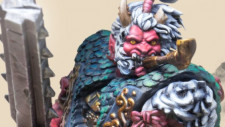







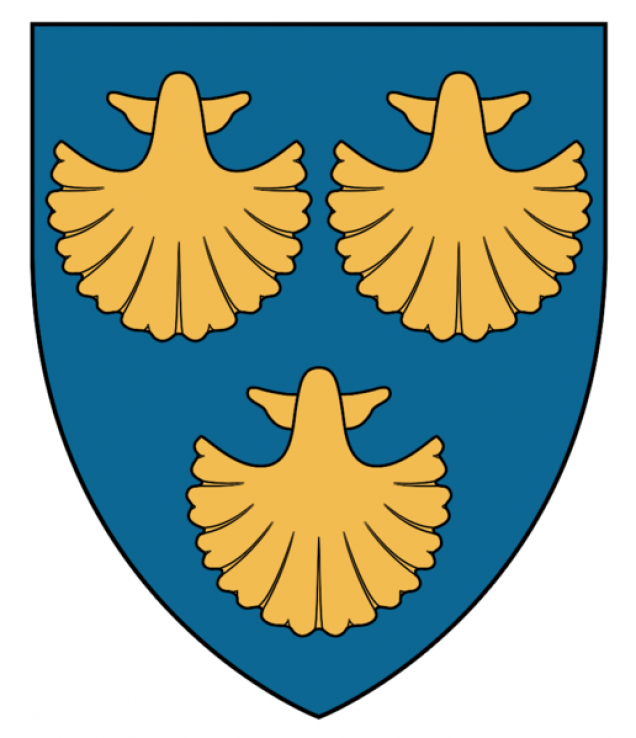



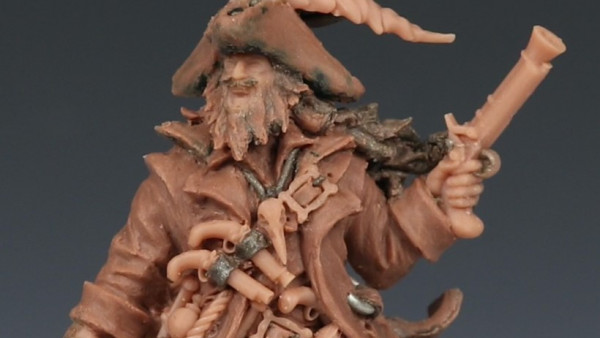
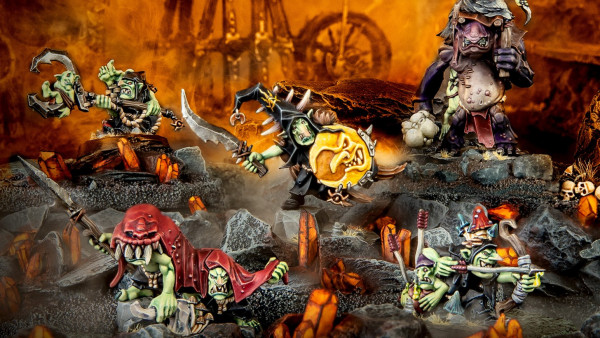
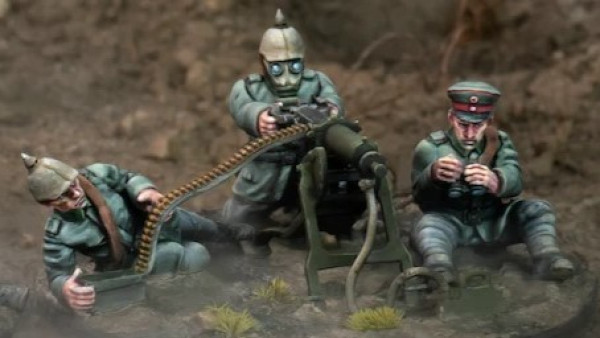
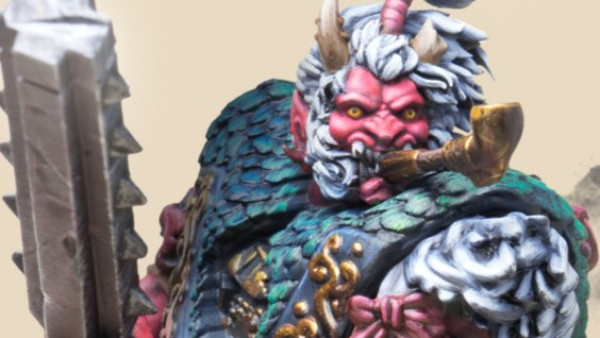
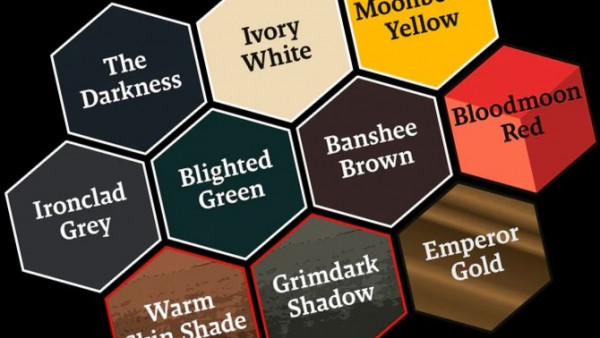
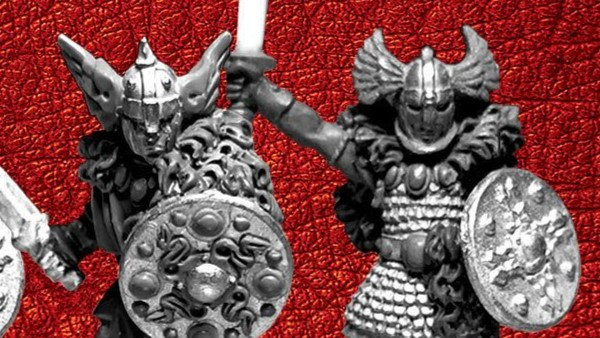
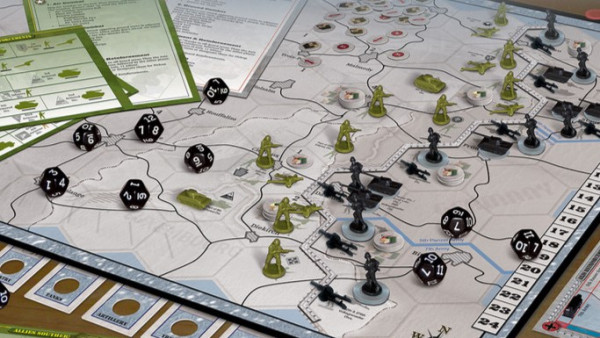
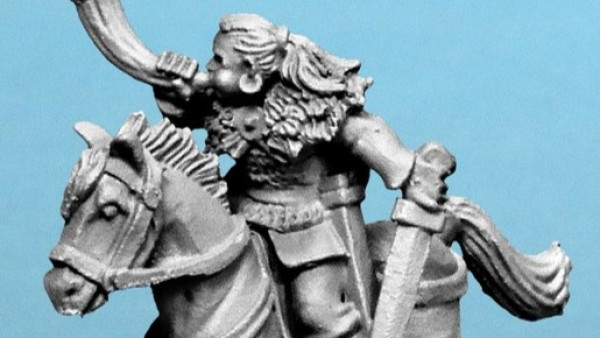









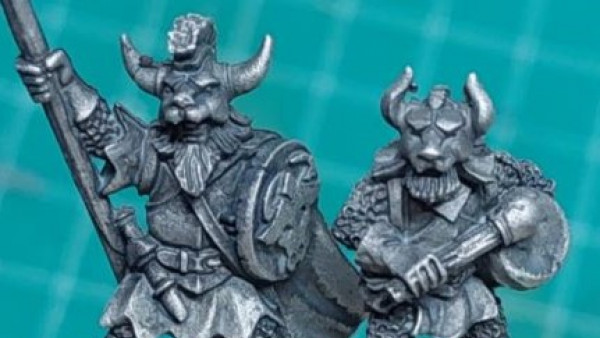

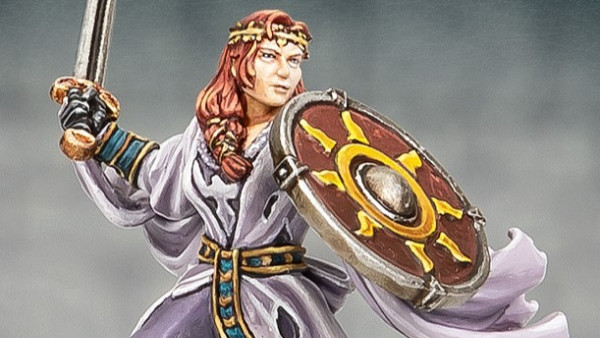
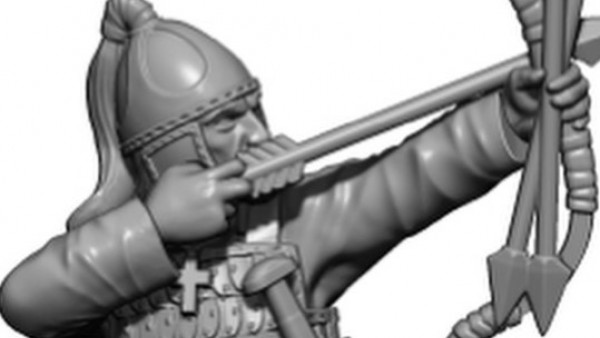
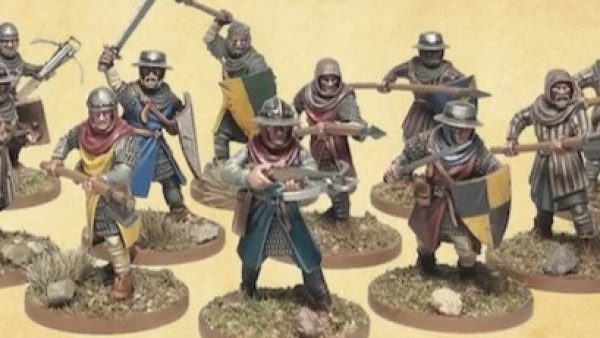
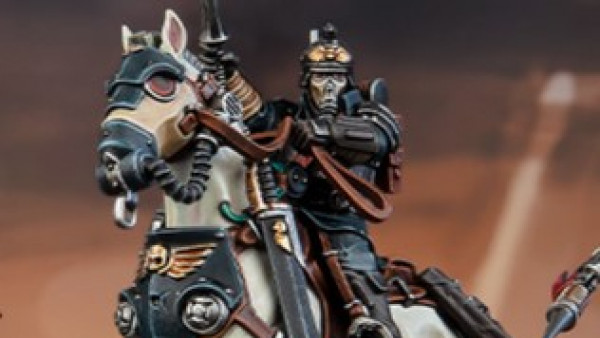
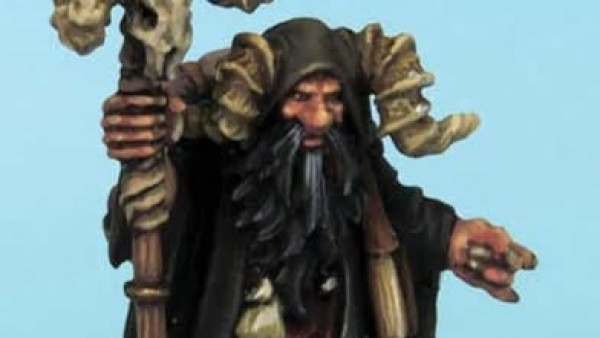
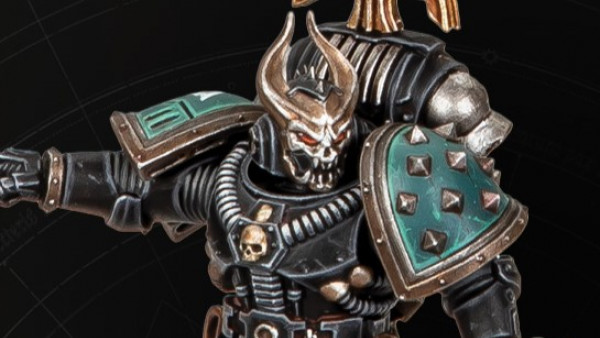
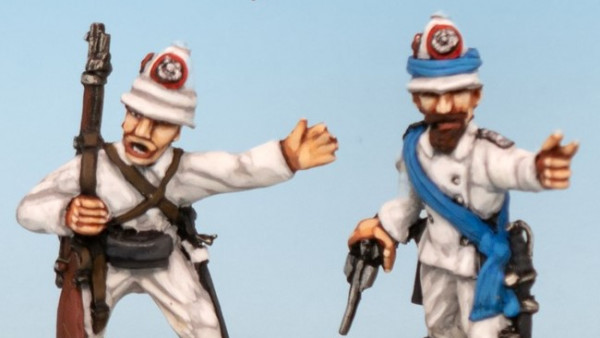
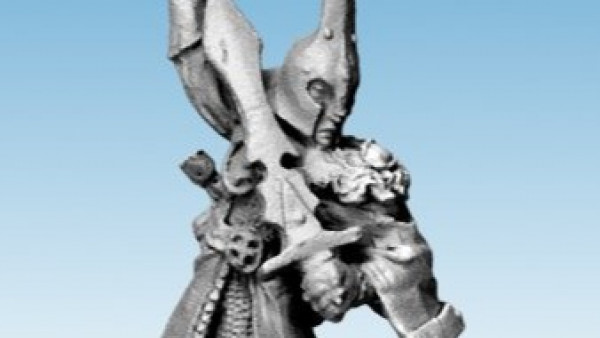
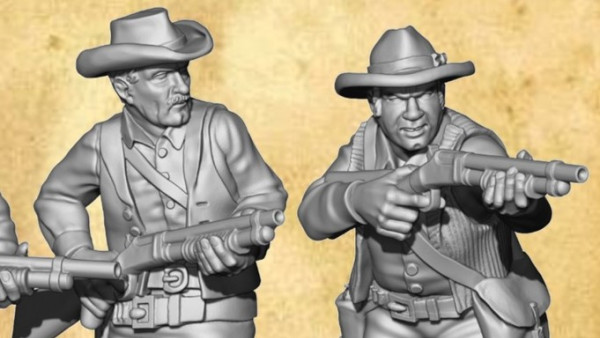


Leave a Reply